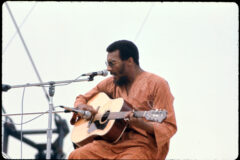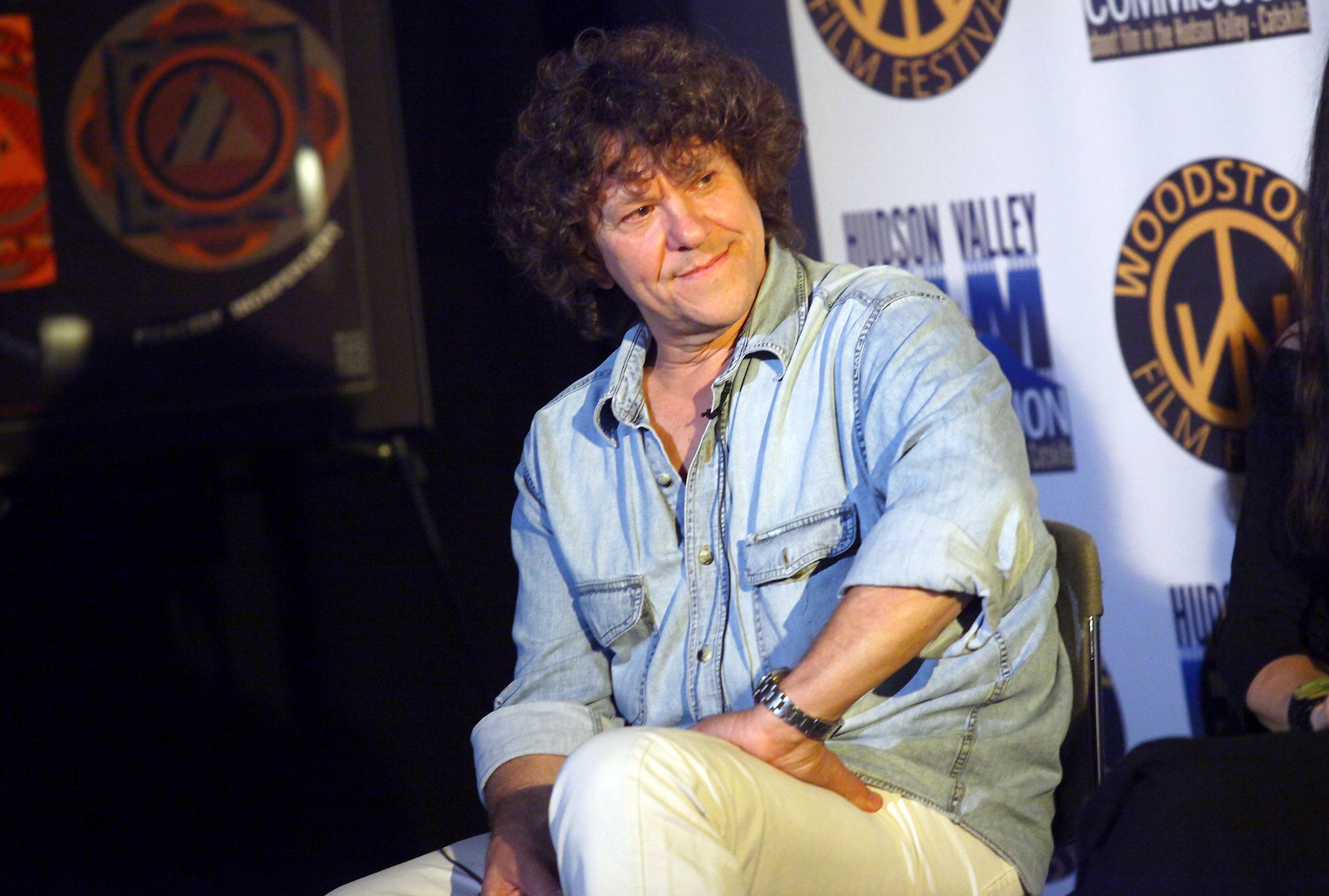As Woodstock 50 implodes in slow motion with delusional flair, Billboard has a new report on questionable decisions by co-founder Michael Lang that appear to have led to the current situation. To recount: the festival’s primary investor Dentsu and production company Superfly have both pulled out, and Lang, who maintains Woodstock 50 will still happen, has sued Dentsu for theft, while also saying it needs $30 million ASAP. Based on interviews with a dozen-plus sources, it sure sounds like Lang ignored a lot of solid advice that might have helped him avoid this mess.
For one, Lang chose a location that has failed before and doesn’t exactly scream hospitable to the aging target audience. People told him as much:
Most agents and promoters tried to talk him out of the multistage camping festival he wanted to hold at Watkins Glen International, a speedway four-plus hours north of New York. The site was too risky, agents argued — in 2018, Phish had to cancel its Curveball festival with one day’s notice because a storm had contaminated the town’s drinking water. One agent who reps some of the festival’s headliners says Lang was told that baby boomers nostalgic for the Woodstock era would not want to travel to Schuyler County (population 18,000) for a camping site without surrounding hotels or Airbnbs.
Lang also seems to have overestimated the festival’s potential scale. He originally envisioned a 150,000-person event, but Superfly told him the location could only safely handle 75,000. Lang ultimately settled on 100,000. Reduced capacity then required a higher ticket price than the originally announced $369 weekend pass, and Lang chose to announce a new $450 price in an interview without consulting Dentsu. Billboard reports that the company’s chief commercial officer DJ Martin was “infuriated.” Tickets, which were supposed to go on sale on April 22, are still not available.

Also Read
A Woodstock Reminiscence
In general, festivals appear to be an increasingly tough business. Billboard reports that it once took three years for a typical festival to break even, but with rising booking costs, “many organizers now say five to seven years is more realistic.” On this point, too, Lang seems to have ignored the experts. In seeking a bailout after Dentsu’s withdrawal, Lang and his partner Greg Peck reportedly presented a budget to Live Nation and AEG (both of which declined to invest) that suggested Woodstock 50 could earn $100 million in revenue with $85 million in expenses. “No festival makes a profit of $15 million; most lose millions in the first year,” Billboard writes.
As it stands, Woodstock 50 is still scheduled for August 16-18, with The Killers, Dead & Company, and Jay-Z as headliners. You can read Billboard‘s full report here.




